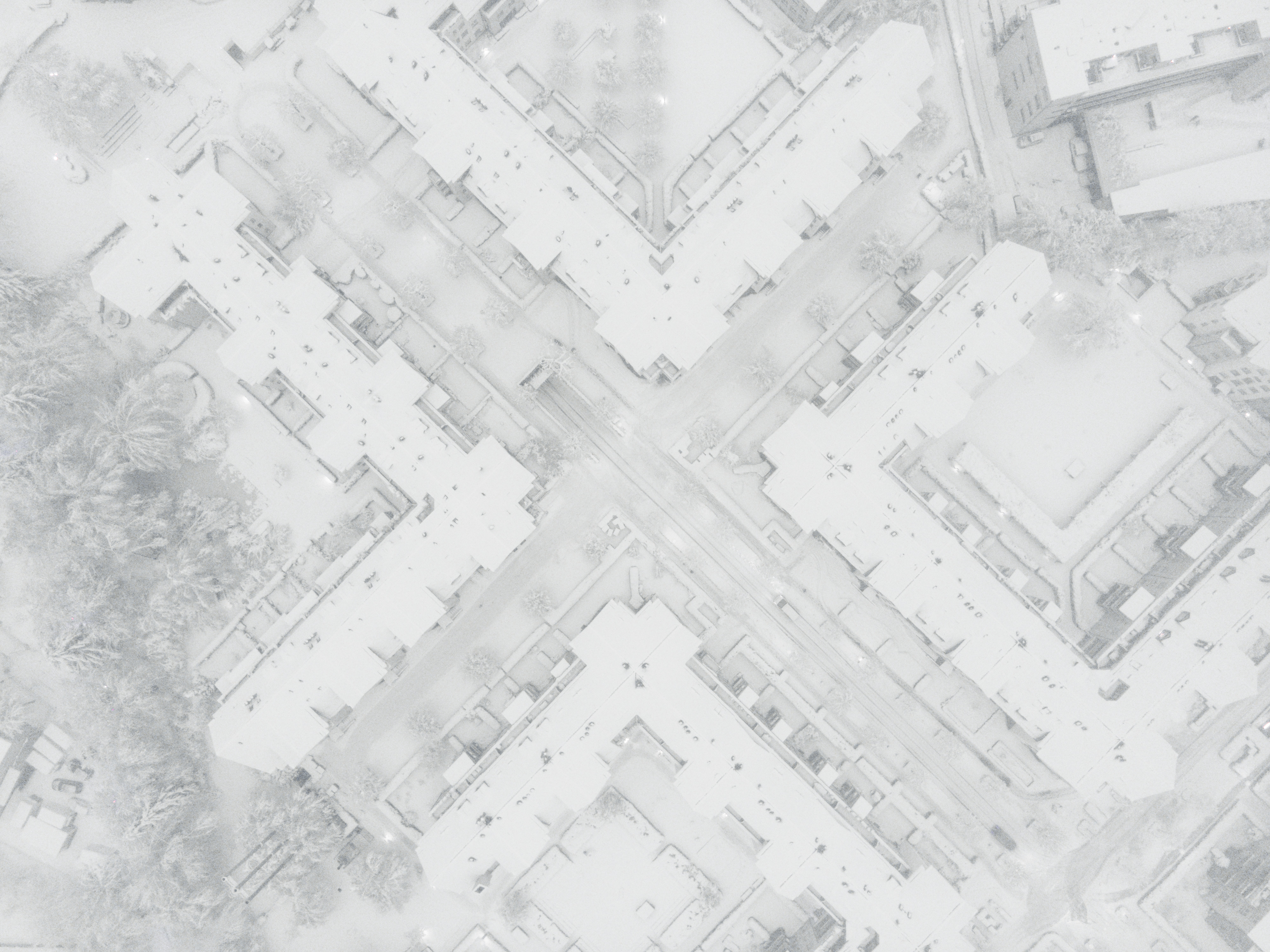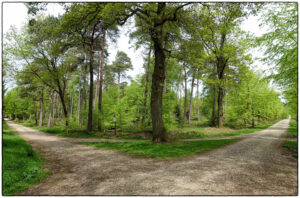I was taking a deep dive on the Tauranga Growth Strategy recently and found a fascinating drawing by Arkhefield + Urbis. It shows ‘conceptually’ how a neighbourhood could change over 40 years from 2010 to 2050. It was a lovely drawing of single family homes gradually being replaced by more intensive housing. Unfortunately, it is completely divorced from reality.
In the real world, land use change is all about economics. Intensification is driven not by strategies and plans, but by money. Don’t get me wrong – I’m no fan of usury – but it’s hard to ignore basic facts. Land use change happens when it can generate an acceptable Return on Investment (ROI). It depends almost entirely on the favourable convergence of land acquisition and construction costs with market realisation.
Councils seem to be of the opinion that they are directing investment when they are actually chasing it. Planning is not about predicting the future, nor should it be. We have enough knowledge today that is not being applied without needing to resort to crystal ball gazing.
To resist this temptation on a land development project I recommend considering this disciplinarity framework:
Crossdisciplinary
Working within a single discipline is what most of us know how to do. It’s too common unfortunately and leads to biases and poor outcomes.
Intradisciplinary
Sometimes we get glimpses of our profession from other disciplines. This often exposes the weaknesses of our discipline and usually generates a defensive response. Try to avoid this reaction if you can and be open to new knowledge.
Multidisciplinary
A fancy word for teamwork. This is disciplines working together, usually to a zero sum outcome (winners and losers) on specific issues. Be wary of this approach and strive to collaborate.
Interdisciplinary
A higher level of teamwork occurs when we integrate knowledge and methods from different disciplines. This requires a transparency that is usually resisted by most ‘professionals’. Sharing your knowledge will provide unexpected insights.
Transdisciplinary
This is a true alignment of professionals. Discipline knowledge is so closely integrated that it almost creates new knowledge. This is what a good land development project looks like.




